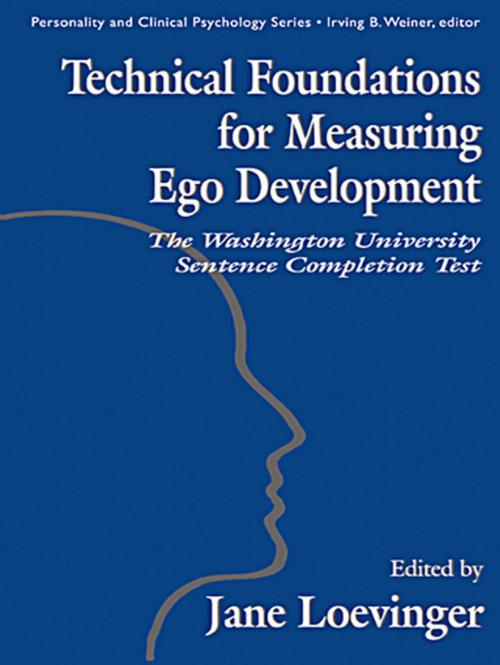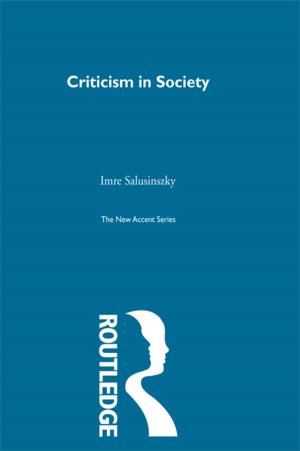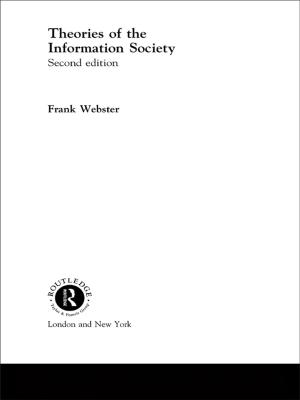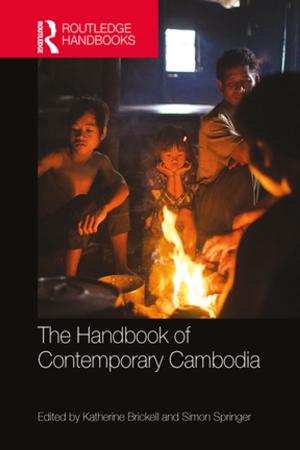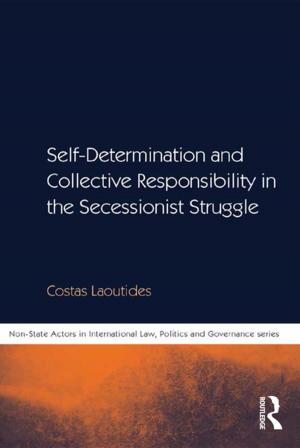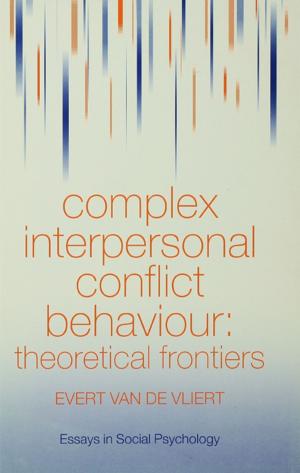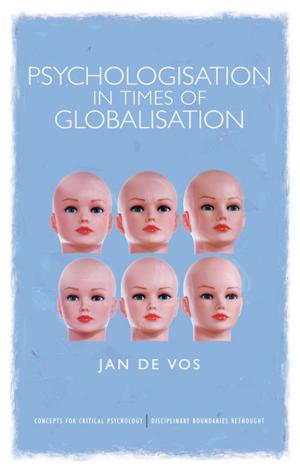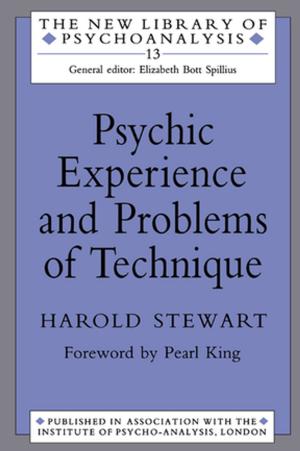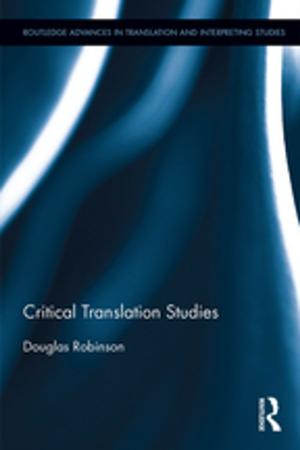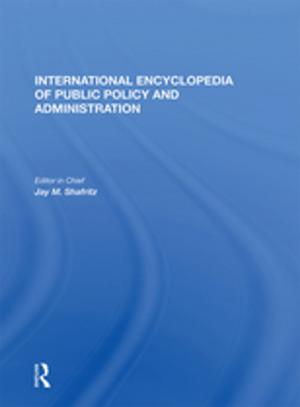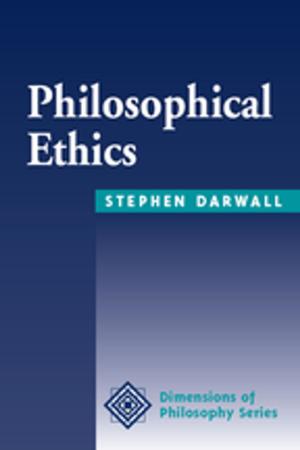Technical Foundations for Measuring Ego Development
The Washington University Sentence Completion Test
Nonfiction, Health & Well Being, Psychology, Social Psychology| Author: | Le Xuan Hy, Le Xuan Hy | ISBN: | 9781135691967 |
| Publisher: | Taylor and Francis | Publication: | February 1, 1998 |
| Imprint: | Psychology Press | Language: | English |
| Author: | Le Xuan Hy, Le Xuan Hy |
| ISBN: | 9781135691967 |
| Publisher: | Taylor and Francis |
| Publication: | February 1, 1998 |
| Imprint: | Psychology Press |
| Language: | English |
This book describes the evolution of the Washington University Sentence Completion Test (SCT), a major measure of ego development, from an intuitive rating scale to an empirically derived reliable and valid personality test. The authors recount the complete history of the SCT, which begins with the Family Problems Scale, an objective test of mothers' attitudes. Work with that test led to a concept of ego development, testable by the SCT, which was elaborated and refined in further work.
The book discusses uses of the SCT in other languages and other cultures, offers suggestions for giving the SCT in translation, and presents computer programs for handling SCT responses. Data on reliability and validity of the SCT are brought up to date. These include evidence of the equivalence of the male and female forms of the current version, Form 81, and the equivalence of the two halves of Form 81, each usable as a short form. Rules for obtaining total protocol ratings for 18-item as well as 36-item forms are given. Frequently used forms of the SCT, including a new form for adolescents and children over eight years old, are presented.
This book describes the evolution of the Washington University Sentence Completion Test (SCT), a major measure of ego development, from an intuitive rating scale to an empirically derived reliable and valid personality test. The authors recount the complete history of the SCT, which begins with the Family Problems Scale, an objective test of mothers' attitudes. Work with that test led to a concept of ego development, testable by the SCT, which was elaborated and refined in further work.
The book discusses uses of the SCT in other languages and other cultures, offers suggestions for giving the SCT in translation, and presents computer programs for handling SCT responses. Data on reliability and validity of the SCT are brought up to date. These include evidence of the equivalence of the male and female forms of the current version, Form 81, and the equivalence of the two halves of Form 81, each usable as a short form. Rules for obtaining total protocol ratings for 18-item as well as 36-item forms are given. Frequently used forms of the SCT, including a new form for adolescents and children over eight years old, are presented.
